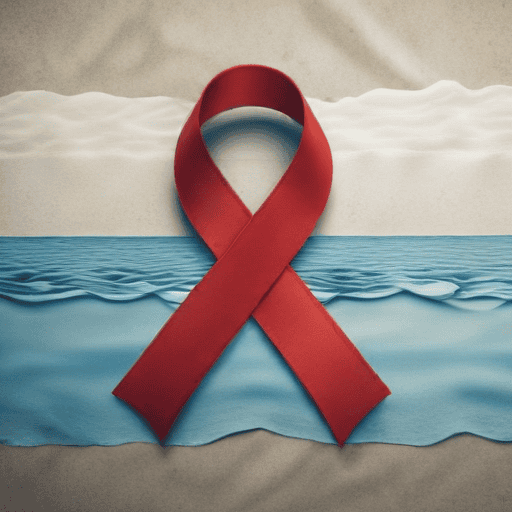A concerning trend has emerged as a significant increase in young people testing positive for Human Immunodeficiency Virus (HIV) has been documented. Recent reports indicate that last month, 57 young individuals at the Saint Giles Psychiatric Hospital in Suva tested positive for HIV, underscoring the urgent need for intervention in this escalating crisis. Alarmingly, one of those affected was just 14 years old.
Selina Kuruleca, the new Permanent Secretary for the Ministry of Justice, presented these unsettling statistics during discussions on the escalating issue of drug abuse in schools and the necessity for enhanced educational and judicial measures. According to data shared by consultant psychiatrist Myrielle Allen at a recent Speaker’s Debate, 1.7% of 3,519 young Fijians have been involved in drug-related incidents as of September, a statistic that Ms. Kuruleca stressed is still far too high.
Reports from the Substance Abuse Advisory Council have revealed that there were 3,627 drug-related incidents in Fijian schools in 2023, a staggering 40% rise since 2018. Particularly concerning is a behavior referred to as “blue-toothing,” where adolescents share needles, inadvertently transferring HIV through contaminated blood.
Ms. Kuruleca highlighted the broader impact of drug addiction on families and communities. Disturbingly, there have been instances where parents exploit their children for drug trafficking, while some have resorted to coercing women into prostitution to sustain drug habits. She emphasized the necessity for vigilance, compassion, and proactive support for young Fijians to help them make better choices and steer clear of the hazards associated with drug use.
The rapid increase in HIV cases linked to drug abuse indicates an urgent need for action. This public health challenge also presents a social crisis requiring immediate attention to safeguard future generations in Fiji.
In addition to these revelations, Kalesi Volatabu, founder of Drug Free World Fiji, has called for an end to the “culture of bystanders” that has contributed to the worsening drug situation. She urged community members to take action if they witness drug use among children, stating, “If no one is going to intervene…who will?”
The collective message is clear: inaction is no longer an option. The community must unite to address these pressing issues before they escalate further.
In light of these challenging statistics, there remains hope for change, as increased awareness and community involvement can serve as powerful catalysts for progress. Educating the youth about the dangers of drug use and promoting healthy alternatives can create a more supportive environment, potentially reversing the current trends.
This article serves as a crucial reminder of the pressing health issues facing Fiji and the need for collective responsibility to protect the youth.

Leave a comment